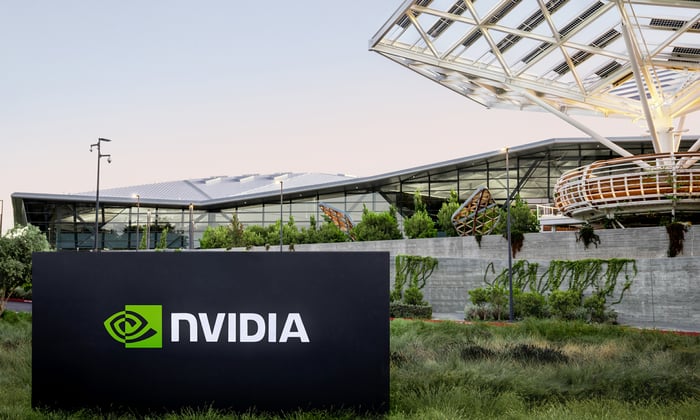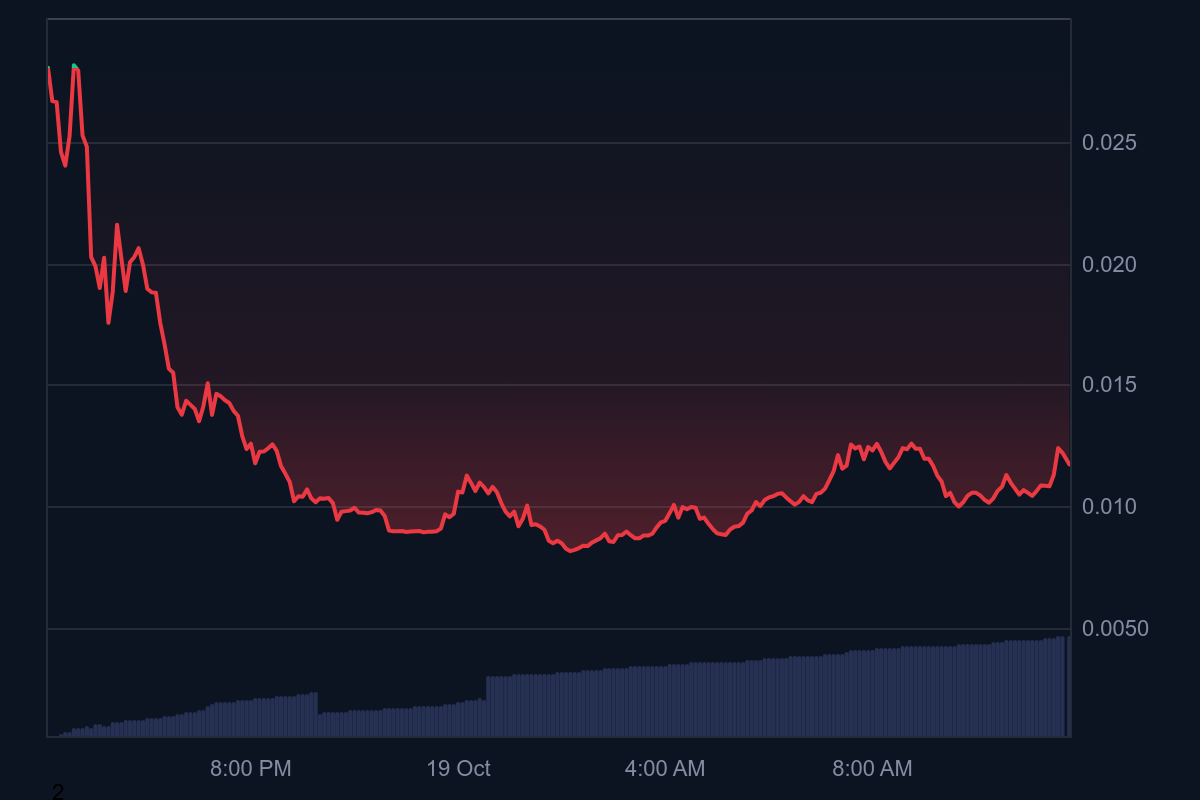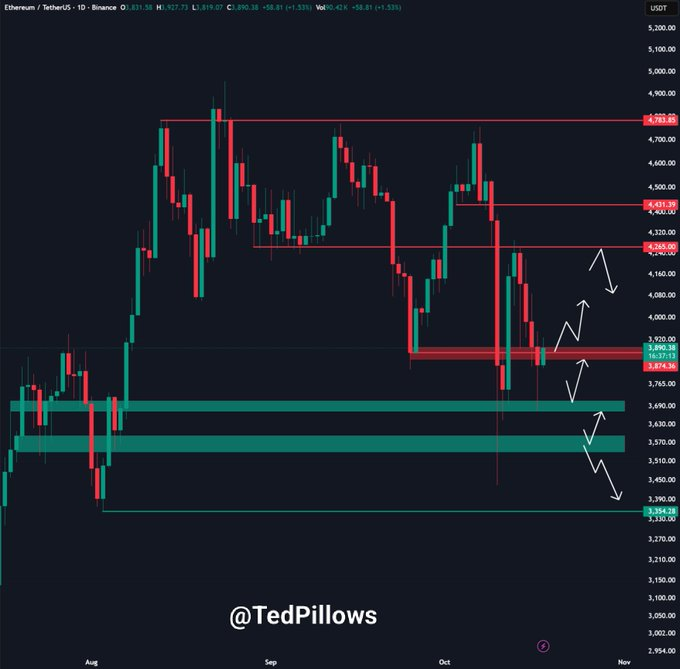Steven A. Cohen stands out as one of the most intriguing figures in contemporary finance. As the billionaire at the helm of Point72 Asset Management and the owner of the New York Mets, Cohen has maintained a commanding presence on Wall Street for years. His larger-than-life persona even inspired the character Bobby Axelrod, the hedge fund mogul in Showtime’s series Billions.
Unlike many other prominent investors, Cohen tends to avoid public attention. He rarely gives interviews or reveals much about the operations of his firm. Still, through Point72’s quarterly 13F disclosures, individual investors can get a rare look at how one of the industry’s sharpest minds allocates his portfolio.
The latest 13F report from Point72 highlighted two notable actions: The fund fully liquidated its stake in SoundHound AI ( SOUN -8.45%) during the second quarter, while at the same time significantly increasing its investment in semiconductor leader Nvidia ( NVDA 0.86%).

Image credit: Getty Images.
Let’s take a closer look at what may have motivated these decisive moves—and whether investors should consider taking similar action.
What prompted Point72 to sell SoundHound AI shares
At first blush, SoundHound AI seems like a logical choice for a hedge fund seeking exposure to the artificial intelligence (AI) wave. The company specializes in voice recognition and conversational AI, operating at the intersection of automotive technology, consumer platforms, and Internet of Things (IoT) products.
Yet, this once-promising sector is now largely controlled by tech giants. Apple has built its ecosystem around Siri, Amazon relies on Alexa for its smart devices, and both Alphabet and Microsoft are expanding their own voice-driven services. In this environment, smaller firms like SoundHound face significant challenges in terms of distribution and integration.
From an investment perspective, Point72’s decision to exit likely signals concerns about SoundHound’s limited competitive standing. Despite its impressive technology and a growing list of strategic alliances, the company is still not profitable, raising doubts about how it will finance future expansion.
Source: YCharts data.
In a fiercely competitive market where acquiring customers is costly and competitive advantages are slim, Cohen may be shifting funds to companies with stronger financials and more secure market positions. Additionally, SoundHound AI’s stock has experienced significant volatility in recent years, with its price often driven more by speculation and news than by fundamentals or clear earnings prospects.
Ultimately, Point72 may have viewed SoundHound AI as a short-term momentum play, choosing to redirect any profits into companies with more robust advantages and clearer paths to sustainable growth.
Why Steven Cohen is increasing his stake in Nvidia
Unlike SoundHound’s uncertain outlook, Nvidia’s future appears exceptionally bright. The chipmaker has become the backbone of the global AI surge, providing the GPUs that drive everything from large language models (LLMs) to self-driving cars, robotics, and advanced data centers.
During the second quarter, Point72 boosted its Nvidia holdings by 207%, acquiring about 4.3 million shares. The fund also holds a balanced mix of call and put options—a typical approach for sophisticated investors aiming to manage risk and enhance returns.
In my opinion, several major factors likely influenced Cohen’s choice to ramp up his Nvidia investment.
AI infrastructure: The modern gold rush
Major cloud providers like Microsoft Azure, Google Cloud Platform, Amazon Web Services (AWS), and Oracle are projected to invest nearly $500 billion in capital expenditures next year. At the same time, the U.S. government’s Stargate Project plans to allocate another half-trillion dollars toward AI infrastructure, reflecting the technology’s growing strategic importance. Over the next several years, analysts predict that total data center spending could reach $7 trillion by 2030—an investment wave that positions Nvidia as a critical supplier at the center of this transformation.
Stock split boosts accessibility
Following its stock split last June, Nvidia’s share price has surged by about 50%. This move appears to have sparked renewed investor interest and trading activity, fueling the company’s ongoing rally.
Expanding margins over the long term
Nvidia’s upcoming chip designs—Blackwell Ultra and Rubin—will work in tandem with its CUDA software platform, creating a powerful competitive edge that extends beyond hardware. This blend of cutting-edge chips and recurring software income gives Nvidia a unique dual advantage, which Cohen’s team likely sees as a foundation for ongoing revenue growth and expanding profit margins at scale.
Looking at the broader trend: Moving from hype to scale
Essentially, Cohen’s increased Nvidia position may signal a deliberate shift from speculative bets to more substantial, foundational investments—favoring the companies supplying the tools for the AI revolution rather than those chasing fleeting trends. Instead of wagering on niche players struggling for relevance, Cohen appears to be backing the core infrastructure that underpins the entire AI sector.
For investors, the main lesson is clear: In today’s bullish environment, scale, dominance of the ecosystem, and disciplined execution are far more important than novelty. Funds like Point72 are adjusting their strategies accordingly, moving capital away from experimental AI ventures and into the foundational companies that will drive growth in the years ahead.


